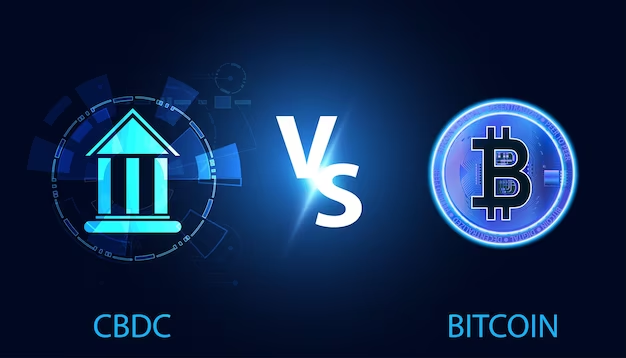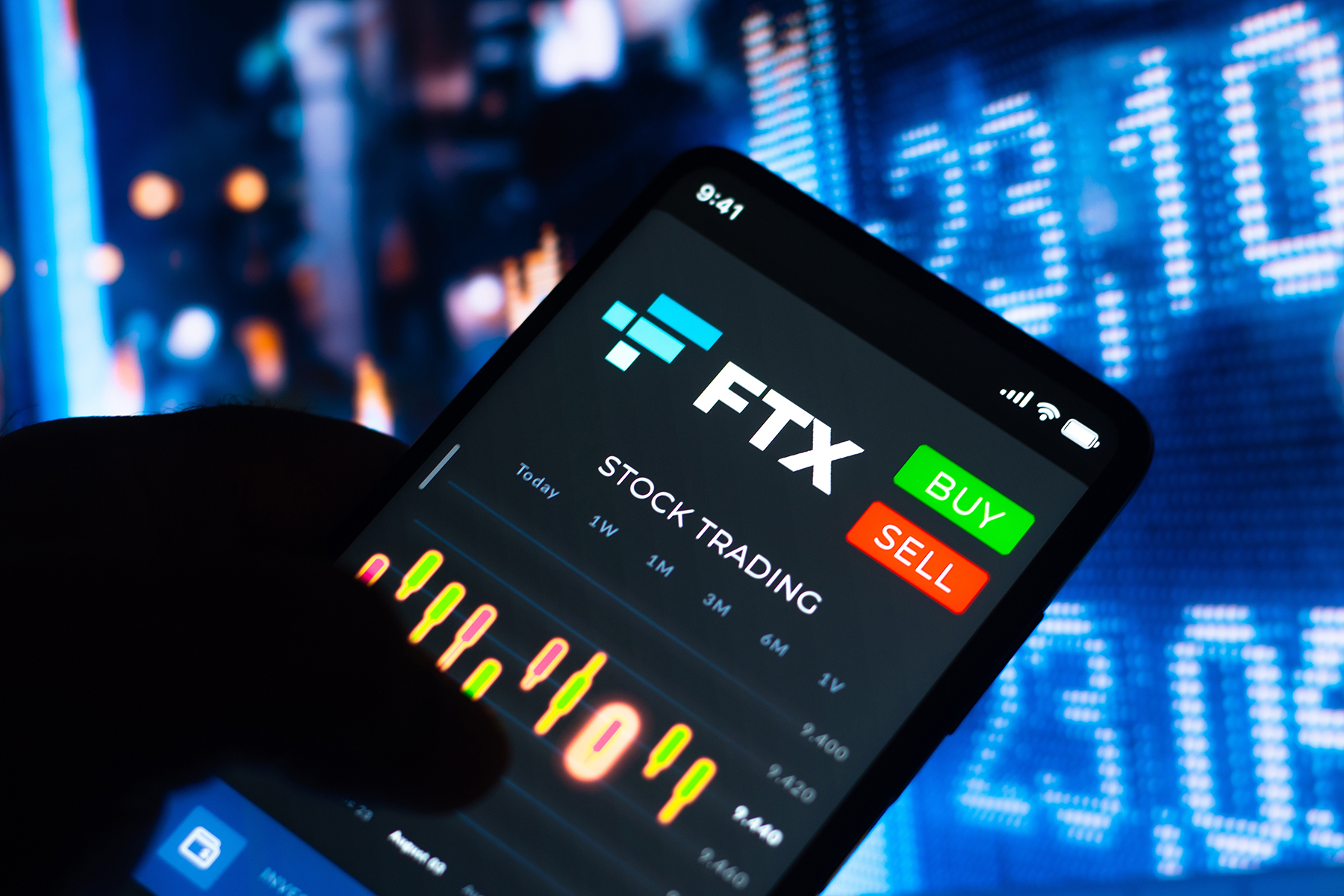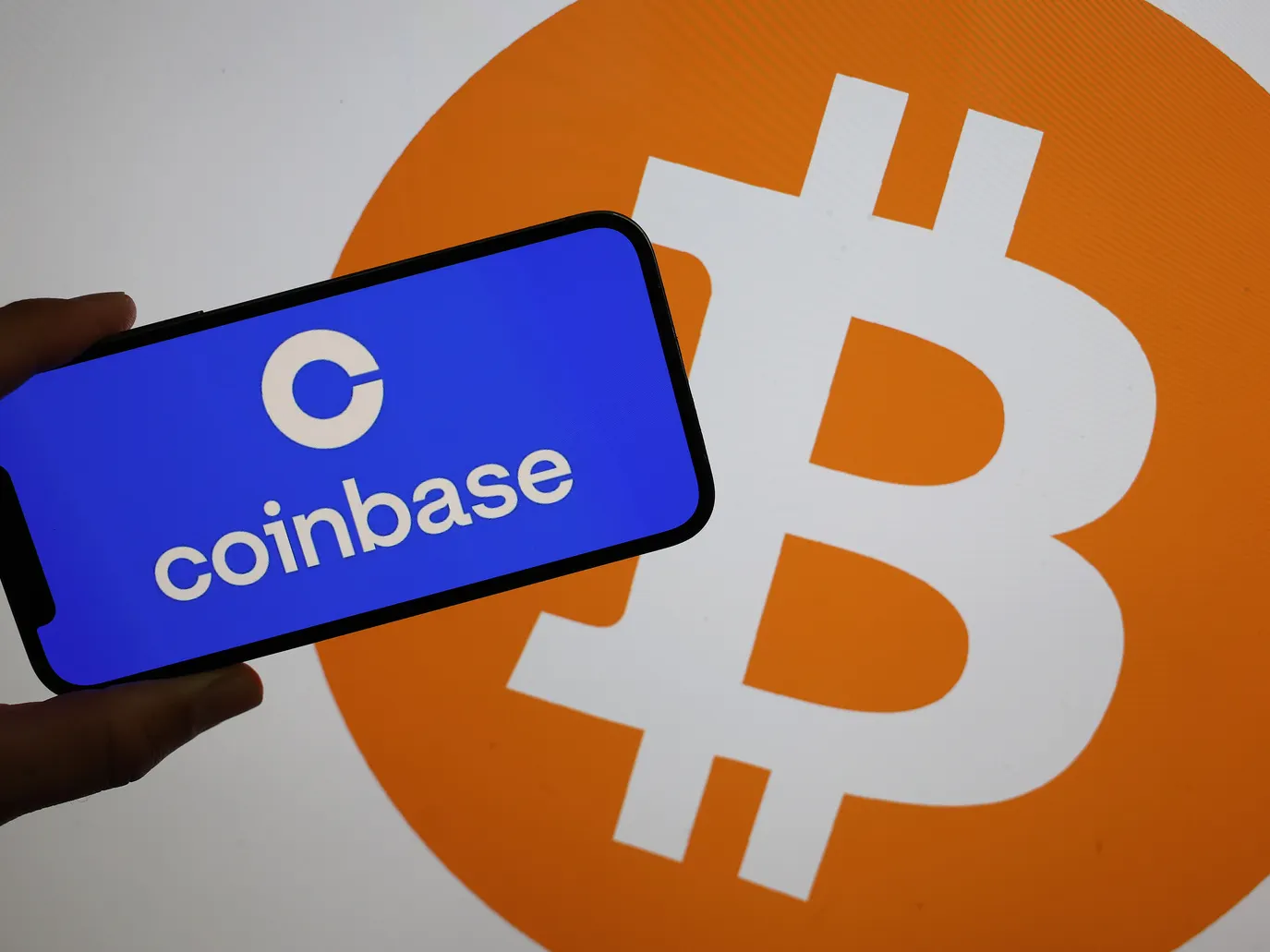Introduction:
In the dynamic realm of cryptocurrency, Bitcoin has consistently remained at the forefront, embodying the vision of decentralized finance (DeFi) by challenging the traditional monetary systems. Since its inception in 2009 by the enigmatic Satoshi Nakamoto, Bitcoin has evolved from a novel digital currency to a global phenomenon, offering a decentralized alternative to conventional financial services. This article delves into the ongoing efforts to increase Bitcoin adoption, its implications for the future of finance, and the challenges that lie ahead.
Understanding the Pillars of Bitcoin’s Appeal
Bitcoin: A Paradigm of Financial Sovereignty
Bitcoin’s foundational principle lies in its decentralized nature, ensuring that transactions are secure, transparent, and immutable on its blockchain ledger. This digital asset, capped at 21 million coins, is often heralded as “digital gold,” providing a deflationary contrast to the inflationary tendencies of fiat currencies. Its role as a store of value, combined with the potential for secure, borderless transactions, positions Bitcoin as a cornerstone for the future of decentralized finance. What is Bitcoin and Why Does it Appeal to Investors?
Pathways to Enhancing Bitcoin Adoption
1. Streamlining User Experience
A crucial step towards broader Bitcoin adoption is simplifying the user interface of Bitcoin wallets and exchanges. Making these platforms more accessible to the average person can demystify the process of buying, storing, and using Bitcoin, thereby encouraging widespread use.
2. Regulatory Engagement and Security
Achieving a balance between innovation and regulation is vital. Clear, supportive legislation can pave the way for increased Bitcoin adoption by providing a framework that ensures security and builds trust among users and investors alike.
3. Comprehensive Educational Campaigns
Education is key to dispelling misconceptions about Bitcoin and cryptocurrencies. Through workshops, online resources, and community programs, potential users can be informed about the benefits and functionalities of Bitcoin, driving its acceptance and use.
4. Integration into Everyday Financial Transactions
For Bitcoin to become a mainstream currency, it must be readily usable for everyday transactions. Partnerships with retailers, service providers, and financial institutions can facilitate this integration, making Bitcoin a viable option for everyday purchases and financial operations.
5. Incentives for Adoption
Creating incentives for both businesses and consumers to use Bitcoin can significantly drive adoption. These could include tax benefits, reduced transaction fees, or loyalty rewards for using Bitcoin in transactions. Bitcoin Adoption
Implications of Increased Bitcoin Adoption
1. A More Inclusive Financial System
Bitcoin has the potential to offer unbanked and underbanked populations access to the global economy. Its decentralized nature eliminates the need for traditional banking infrastructure, allowing anyone with internet access to participate in financial markets.
2. Empowerment Through Decentralization
By providing an alternative to government-issued currencies, Bitcoin empowers individuals to control their financial assets without fear of censorship or seizure. This shift towards financial sovereignty could redefine global economic dynamics
3. Fostering Innovation in Financial Services
The rise of Bitcoin encourages the development of new financial technologies and services, leveraging blockchain technology to offer solutions that are more efficient, secure, and user-friendly than traditional financial systems.
Read more – Bitcoin Adoption
Navigating the Challenges Ahead
1. Addressing Volatility
Bitcoin’s price volatility is a significant barrier to its use as a medium of exchange. Strategies to mitigate this volatility, such as wider adoption and integration into financial services, are essential for its long-term stability.
2. Scalability and Energy Consumption
Enhancing Bitcoin’s scalability while addressing environmental concerns related to mining is crucial. Innovations like the Lightning Network and more energy-efficient consensus mechanisms are steps in the right direction.
3. Overcoming Skepticism and Regulatory Hurdles
Building trust among the public and regulators is paramount for Bitcoin’s adoption. Transparent practices, robust security measures, and constructive dialogue with regulatory bodies can help overcome these challenges.
Conclusion: Navigating the Future of Finance with Bitcoin
The journey to increase Bitcoin adoption is not just about pushing a cryptocurrency into the mainstream; it’s about advocating for a financial system that is open, inclusive, and empowering. As Bitcoin continues to make inroads into the global economy, it challenges existing financial paradigms, offering a glimpse into a future where financial transactions are democratized and decentralized. Overcoming the technical, regulatory, and perceptual hurdles will require concerted effort and collaboration across the cryptocurrency ecosystem. With each step towards wider adoption, Bitcoin paves the way for a more resilient, equitable, and transparent financial system, marking a significant leap towards the realization of decentralized finance.Cryptocurrency Adoption




















